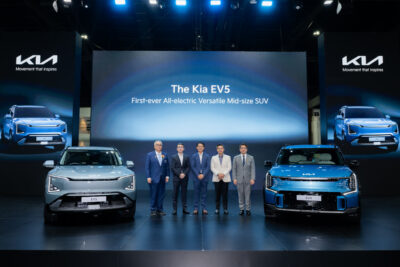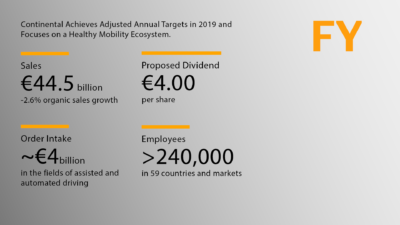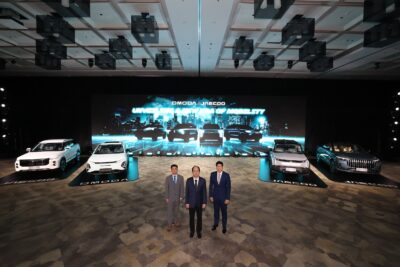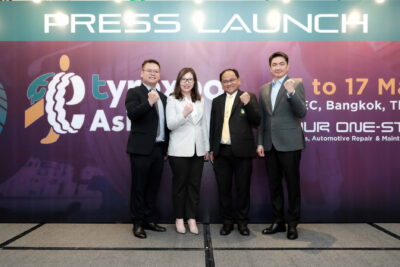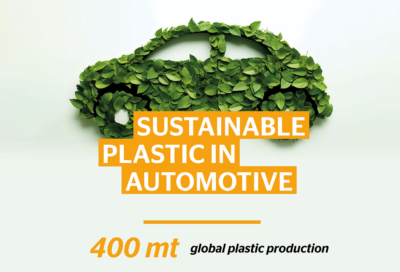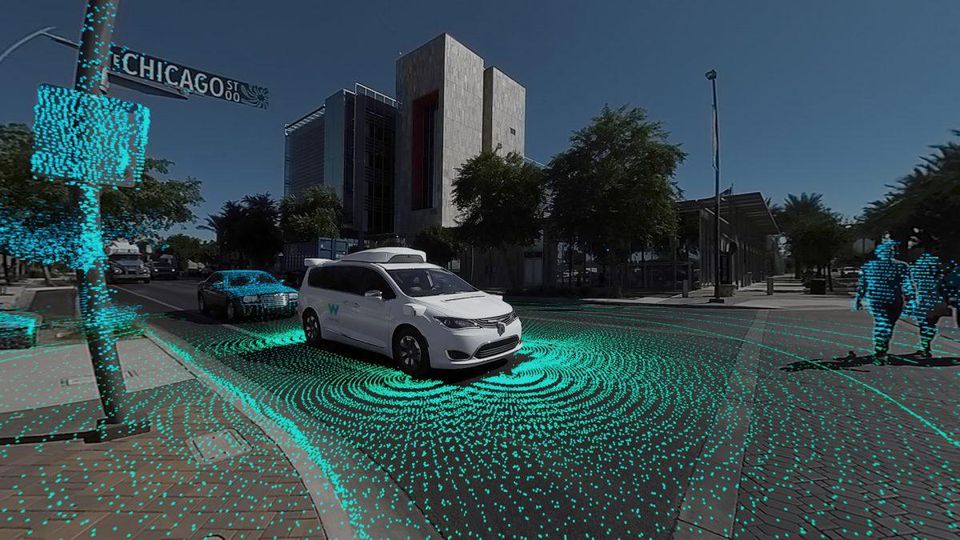
The Partnership for Transportation Innovation and Opportunity includes Ford, Toyota, Daimler, Uber, Lyft, FedEx and the American Trucking Association, among others.
A group of companies pursuing autonomous driving technology has formed a research group that aims to explore the “human impact” of self-driving vehicles.
Dubbed the Partnership for Transportation Innovation and Opportunity, the consortium lists a broad range of stakeholder members including Waymo, Uber, Lyft, Ford, Toyota, Daimler, FedEx and the American Trucking Association.
“Concern for the safety of workers and the public is paramount to PTIO,” executive director Maureen Westphal said in a statement to The Verge. “Safe deployment of [autonomous vehicle] technology is fundamental to securing better job opportunities for workers, so we plan to engage with a variety of concerned stakeholders already having conversations and planning for this transition to an autonomous vehicle future.”
The organization plans to develop data-based methods for assessing the impact of autonomous vehicles on employment. After listening to input from stakeholders, the group will then attempt to “foster awareness” of other career opportunities related to an “autonomous vehicle-enabled economy.”
PTIO members are presumably expecting significant resistance from the millions of workers who get paid to drive vehicles.

The Partnership for Transportation Innovation and Opportunity includes Ford, Toyota, Daimler, Uber, Lyft, FedEx and the American Trucking Association, among others.
A group of companies pursuing autonomous driving technology has formed a research group that aims to explore the "human impact" of self-driving vehicles.
Dubbed the Partnership for Transportation Innovation and Opportunity, the consortium lists a broad range of stakeholder members including Waymo, Uber, Lyft, Ford, Toyota, Daimler, FedEx and the American Trucking Association.
"Concern for the safety of workers and the public is paramount to PTIO," executive director Maureen Westphal said in a statement to The Verge. "Safe deployment of [autonomous vehicle] technology is fundamental to securing better job opportunities for workers, so we plan to engage with a variety of concerned stakeholders already having conversations and planning for this transition to an autonomous vehicle future."
The organization plans to develop data-based methods for assessing the impact of autonomous vehicles on employment. After listening to input from stakeholders, the group will then attempt to "foster awareness" of other career opportunities related to an "autonomous vehicle-enabled economy."
PTIO members are presumably expecting significant resistance from the millions of workers who get paid to drive vehicles.









